In recent years, Kenya has made significant strides in expanding access to education. However, the sector continues to grapple with challenges that undermine the quality and integrity of its educational institutions. Malpractices such as certificate forgery, examination cheating, and misappropriation of funds plague the system, eroding public trust and hampering national development. As the Kenyan government seeks innovative solutions to these persistent issues, blockchain technology emerges as a promising tool to enhance transparency, security, and efficiency in the education sector.
.jpg)
Challenges for Kenya's Education System
Kenya's education system, despite its progress, faces a multitude of critical challenges that threaten its integrity and effectiveness. The proliferation of fake academic credentials undermines the value of genuine qualifications, posing significant risks to employers and institutions. Simultaneously, widespread cheating in national examinations compromises the system's integrity, creating an uneven playing field for students and diminishing the credibility of academic achievements.
These issues are further compounded by the misappropriation of funds and inefficient resource allocation within educational institutions, hindering the sector's overall development. The lack of transparency in educational processes and outcomes makes it challenging to identify and address these systemic issues effectively. Collectively, these challenges erode trust in the education system and impede Kenya's progress towards achieving its broader development goals, necessitating urgent and innovative solutions to restore confidence and improve educational outcomes.
.jpg)
Blockchain: A Catalyst for Change
Blockchain technology, with its inherent characteristics of immutability, transparency, and decentralization, offers a compelling solution to many of these challenges. By creating a tamper-proof, distributed ledger of educational records and transactions, blockchain can help:
- Verify Credentials: Ensure the authenticity of academic certificates and qualifications.
- Secure Examination Processes: Enhance the integrity of examination systems.
- Track Resource Allocation: Improve transparency in the distribution and use of educational funds.
- Streamline Administration: Reduce bureaucracy and increase efficiency in educational processes.
Success Stories From Across The Globe
Malta has successfully implemented a similar system called "Blockcerts" for its education sector. Since its launch in 2017, the system has significantly reduced certificate forgery and streamlined the verification process for employers and institutions.
The Singapore Examinations and Assessment Board (SEAB) has piloted a blockchain-based system for N-Level and O-Level certificates. This system has enhanced the security of the examination process and reduced the administrative burden of certificate verification.
Overcoming Blockchain Implementation Challenges
While blockchain technology offers significant potential to transform, its implementation faces several critical challenges. The foremost concern is infrastructure: ensuring reliable internet connectivity and adequate hardware access across all educational institutions, particularly in rural and underserved areas, is crucial for the widespread adoption of blockchain solutions. This technological hurdle is closely tied to the need for a robust regulatory framework, as appropriate governance structures must be developed to oversee and guide the use of blockchain in education.
Equally important is the human element of this technological transition. Gaining support from all stakeholders, including educators, administrators, and policymakers, is essential for the successful integration of blockchain into existing educational processes. This stakeholder buy-in must be coupled with a concerted effort to build the necessary technical expertise within the education sector. Developing a workforce capable of managing and maintaining blockchain systems is vital for the long-term sustainability of these innovative solutions. Addressing these challenges requires a comprehensive, multi-faceted approach that balances technological advancement with regulatory prudence and human resource development.
.jpg)
To address these challenges, we recommend:
- Phased implementation, starting with pilot projects in urban areas before scaling to rural regions.
- Collaborative development of regulations involving education experts, technologists, and policymakers.
- Comprehensive training programs for educators and administrators.
- Partnerships with blockchain technology providers to bridge the technical skills gap.
Blockchain technology presents a transformative opportunity for Kenya's education system. By leveraging this technology, the government can create a more transparent, efficient, and trustworthy educational environment. This, in turn, will enhance the value of Kenyan qualifications, improve resource utilization, and ultimately contribute to the country's economic and social development.
As Kenya embarks on this journey, it's crucial to approach implementation with a clear strategy, stakeholder engagement, and a focus on long-term sustainability. With careful planning and execution, blockchain can become a powerful tool in the government's arsenal to combat malpractices and elevate the quality of education in Kenya.
At CSM Tech, we work with governments around the world on improving learning outcomes, optimizing educational operations and leveraging emerging technologies like data analytics and blockchain for enhancing administration of education.
Read more about it here: www.csm.tech/emerging-technologies/offering/blockchain/









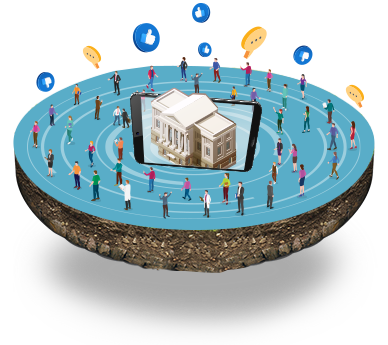



















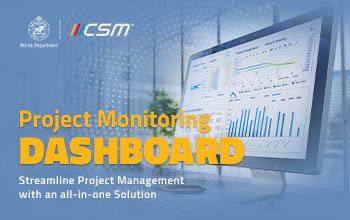
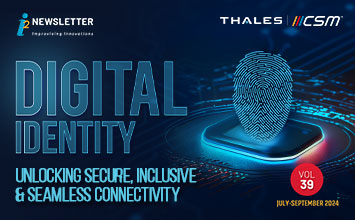
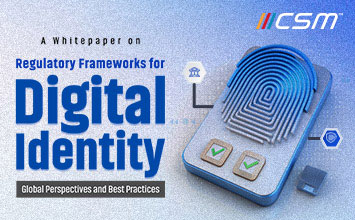








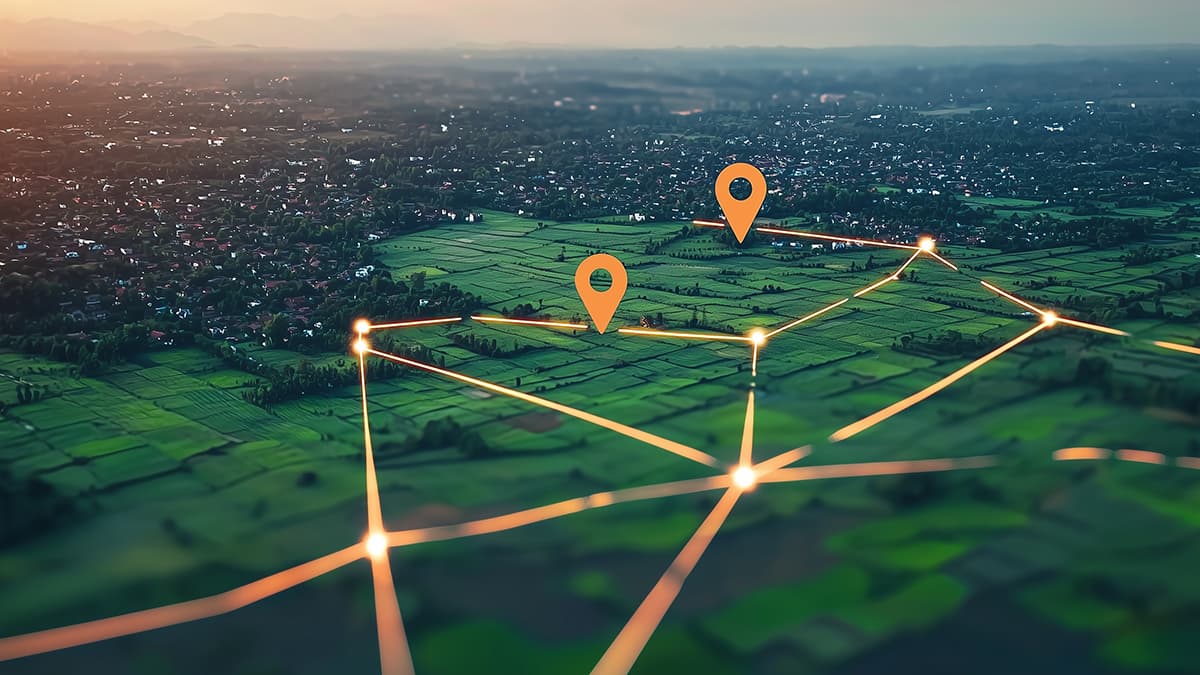
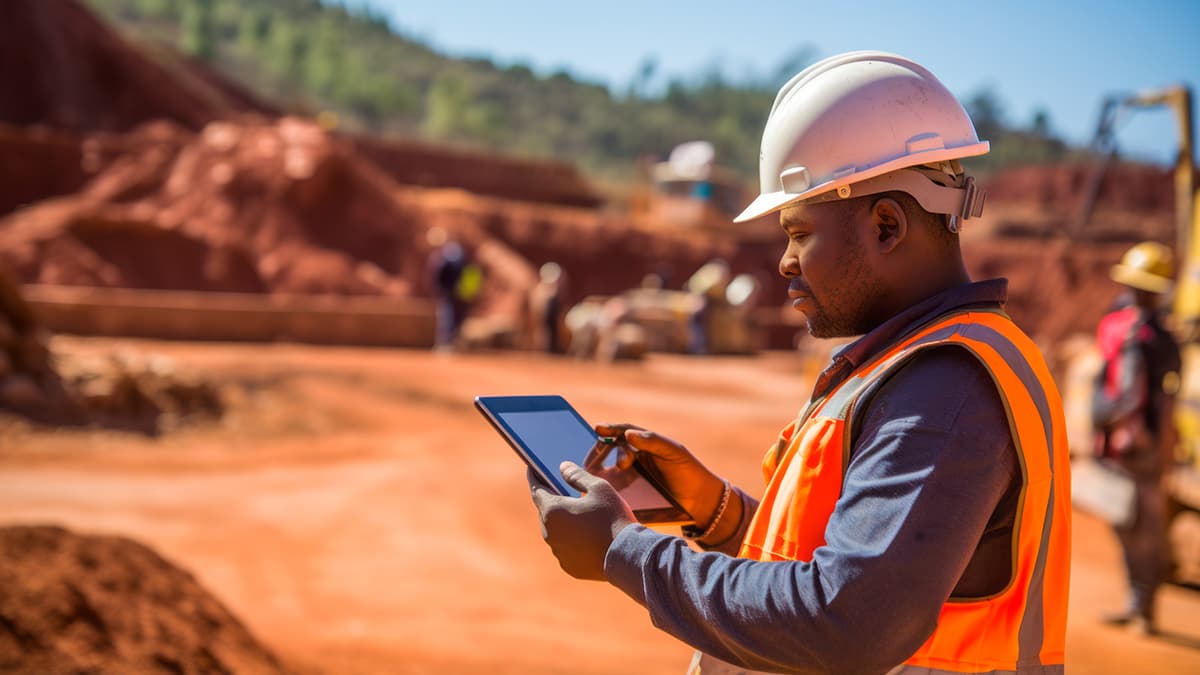














We will verify and publish your comment soon.